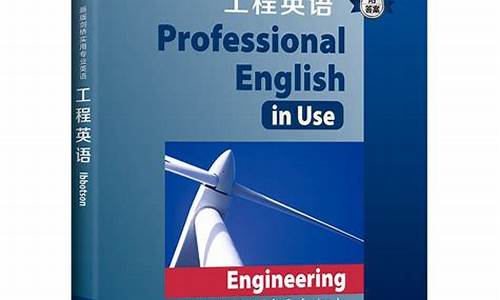Effective Application of Professional Engineering English Translation in Practical Work
In today's globalized professional landscape, effective communication is paramount for successful collaboration, especially in the field of engineering. One key aspect of this communication is the proficient use of English, particularly in technical contexts. This article explores the importance of utilizing professional engineering English translations in practical work and outlines strategies for maximizing their effectiveness.

Enhancing Clarity and Precision
Clear and precise communication is essential in engineering projects to ensure that all stakeholders understand requirements, specifications, and instructions accurately. Professional engineering English translations play a crucial role in achieving this clarity by accurately conveying technical terms, concepts, and instructions across language barriers. By utilizing specialized translators with expertise in engineering terminology, organizations can minimize misunderstandings and errors, leading to more efficient project execution.
Facilitating International Collaboration
In today's interconnected world, many engineering projects involve teams located in different countries and cultures. Effective communication among team members with diverse linguistic backgrounds is vital for project success. Professional engineering English translations serve as a common language that bridges these linguistic gaps, facilitating seamless collaboration and knowledge sharing. By ensuring that all team members have access to accurate and comprehensible documentation and communication, organizations can enhance productivity and innovation in their projects.
Ensuring Compliance and Quality
In regulated industries such as aerospace, automotive, and pharmaceuticals, adherence to industry-specific standards and regulations is non-negotiable. Professional engineering English translations ensure that technical documentation, regulatory submissions, and quality control procedures meet the required standards in all languages. By entrusting translation tasks to qualified professionals with knowledge of industry regulations and standards, organizations can avoid costly compliance issues and maintain the highest levels of quality and safety in their products and processes.
In conclusion, the effective application of professional engineering English translation is indispensable for successful outcomes in today's globalized engineering landscape. By enhancing clarity and precision, facilitating international collaboration, and ensuring compliance and quality, organizations can leverage the power of language to drive innovation and excellence in their projects.



